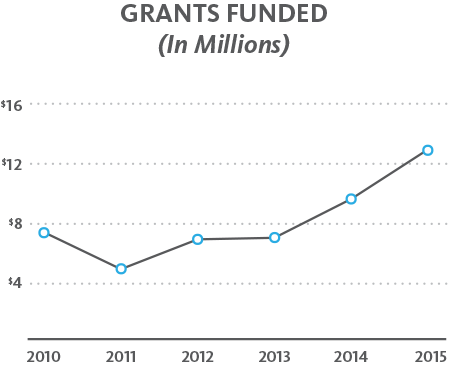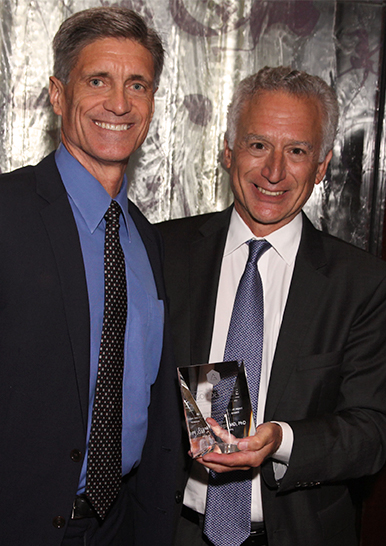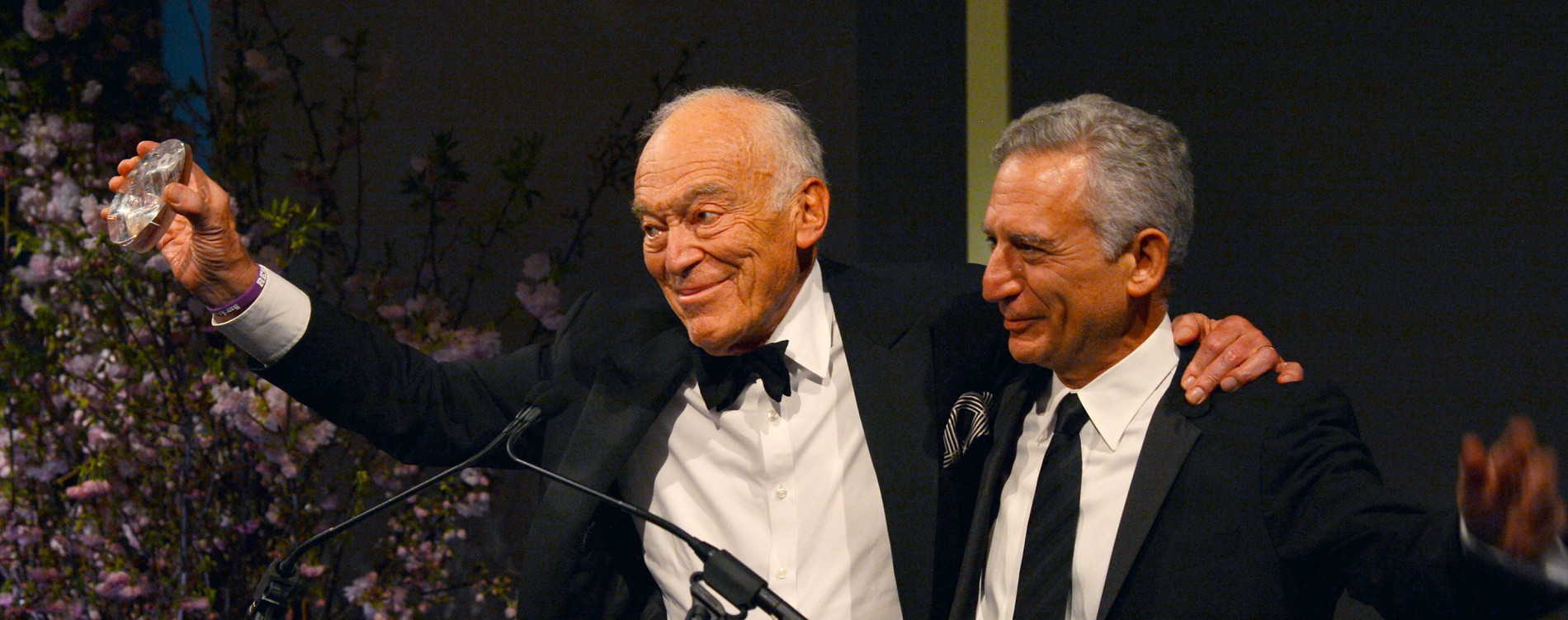I’m thrilled to share that 2015 was the most successful year in the history of the Alzheimer’s Drug Discovery Foundation (ADDF). Thanks to our generous supporters and dedicated staff, the ADDF raised more than $22.5 million, more than doubling our fundraising total from 2014.

We estimate that our investments in drug discovery and development programs will total $13 million for 2015, also the most in our history. Because our operational expenses are covered by private support, every dollar donated to the ADDF goes directly to science. In 2015, we awarded 42 new grants, bringing our total active portfolio to 104 programs.
Today, there are more clinical trials in Alzheimer’s than ever before and our grantmaking strategy reflects this progress. We find and fund pioneering ideas in their early stages and ensure those that show promise have the support they need to keep moving forward. Our staff of expert neuroscientists stays well-informed of the latest science and uses this knowledge in their funding decisions. In 2015, the ADDF partnered with Pfizer CTI and Eli Lilly on new drug discovery initiatives. We inaugurated the Goodes Prize to recognize leading Alzheimer’s researchers. And our early support for epigenetic therapies—a potential breakthrough for Alzheimer’s and many other diseases—bore fruit as grantee Oryzon Genomics announced it was preparing for a Phase 1 clinical trial. In fact, more than 20 projects we’ve supported are now in clinical trials, including promising treatments from AgeneBio, PharmatrophiX, and Gliacure.

The ADDF is inspired by the remarkable progress drug discovery researchers have already made, but we know there’s still work to be done. In 2016, we are increasing our funding for clinical trials to accelerate development of treatments most likely to reach patients within the next several years. We will convene our first conference for drug discovery researchers in Europe, a fast-growing area for innovation with a burgeoning biotech community. And we are expanding our staff to ensure we maintain our rigorous standards as we continue to increase our research funding.
Since I began working on Alzheimer’s more than 30 years ago, our knowledge of how the disease works and how we might treat it has made awe-inspiring advances. We are getting close to finding effective treatments. Earlier this year, our Co-Chairman Leonard Lauder said his goal is to be able to treat Alzheimer’s within his lifetime, and I believe we can and will get there.
Dr. Frank Longo of Pharmatrophix receives the inaugural Goodes Prize from Dr. Howard Fillit (Photo by A. Devos)
Howard Fillit, MD is the Founding Executive Director and Chief Science Officer at the ADDF.
